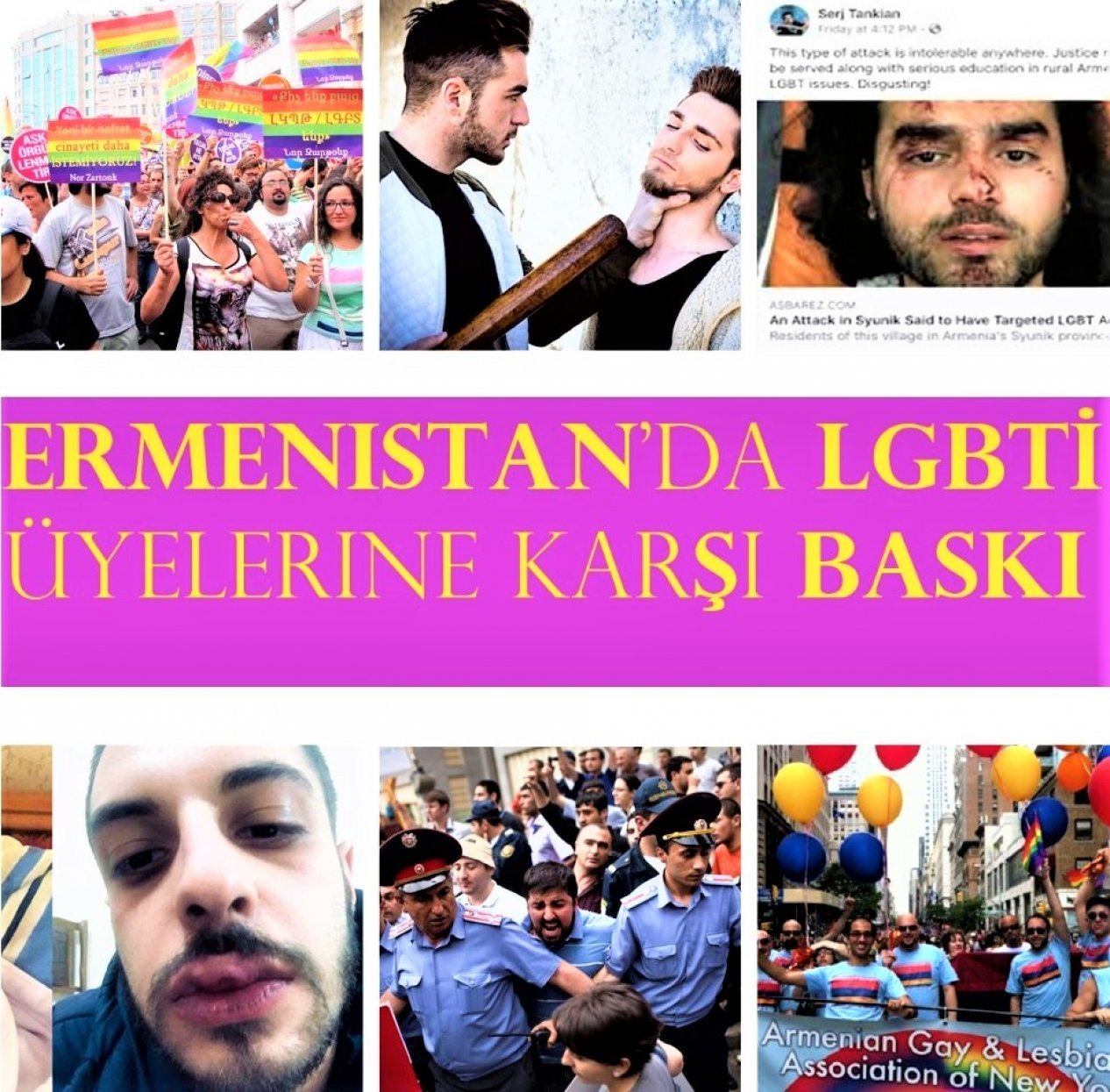
In Yerevan, 16-year-old Arsen and 21-year-old Tigran committed suicide by jumping from the 30-foot Davtashen bridge. The incident took place on the night of October 20 to October 21. (source)
After this tragedy, besides sympathy and condolences, hate speech on social networks intensified, emphasizing once again the highly discriminatory attitude of many people in Armenia towards the LGBT community. Little is known about the circumstances of death of young people. The Investigative Committee reported that only a case of suicidal tendencies had been filed. Before committing suicide, the young people posted joint photos on their social media accounts. "We made decisions together about all our joint actions," wrote 16-year-old Arsen.
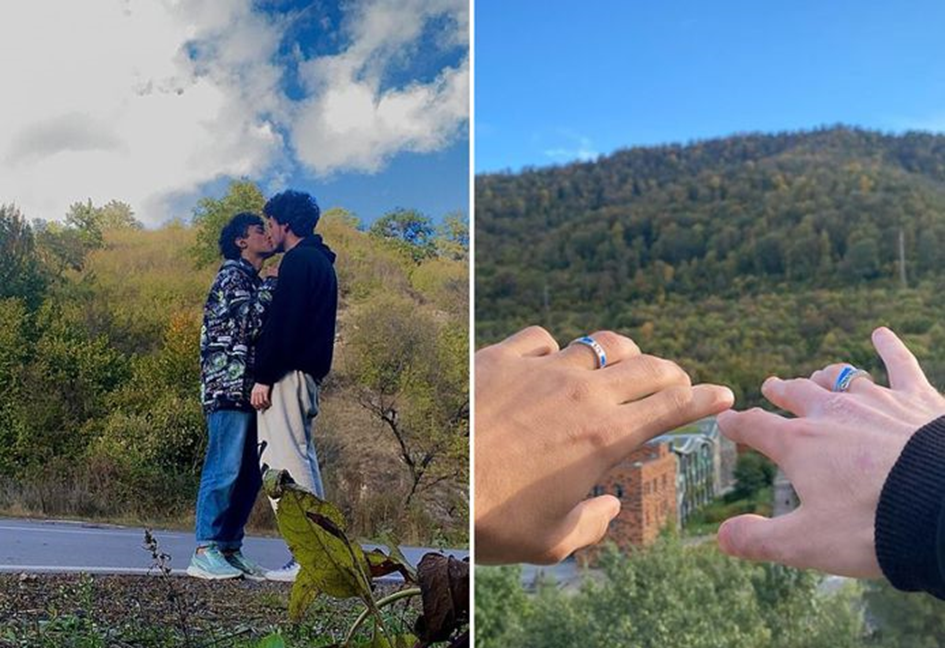
The photos went viral on social media, and while NGOs working to protect the LGBT community claim that homophobia has claimed two more lives in Armenia, not everyone sees the deaths of the two teenagers as a tragedy. There are even those who write that society is "cleansed" in this way, and those who rejoice in the death of members of the LGBT community.
On October 22, friends of 16-year-old Arsen, a group representative of the LGBT community, gathered in one of the Yerevan parks and lit candles in his memory. They said that Arsen was a kind, smiling, mature and balanced young man, and they never thought he would take such a step. One of the friends said, “I was shocked and could not recover. It's all incredible to me so far," he said. “This is one of the most obvious manifestations of homophobia, which unfortunately ended so badly,” said one of the young people gathered there.
Acquaintances of Arsen claimed that before the young man committed suicide, he ran away from home because there were problems in his family. According to them, they know little about Tigran, who recently came to Armenia from Russia. LGBT activist Sargis, who did not want to appear in front of the camera and demanded that his voice be changed, emphasized that such tragedies could be prevented if the society and families accepted people as they are. “It's very sad that it all ended like this, but I wish it was at least a lesson for other parents so they can sit down and talk to their kids, get their kids' point of view. Although Arsen was only 15-16 years old, he was quite mature for his age.
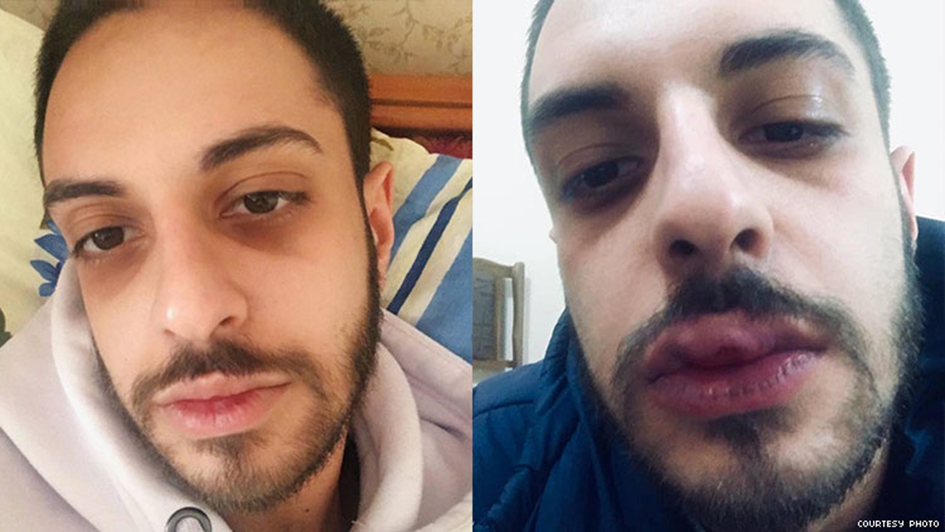
“On the one hand, they talk about God, on the other hand, they are disturbing,” said the LGBT activist, recalling the comments he had read about this horrific story.
I go crazy when they write, “Society is being cleaned up”. How can a person, a rational being, calmly talk about death, say that two teenagers are committing suicide, that this is normal, that this is a social cleansing?” he added.
“I have been working for a human rights organization for more than three years and I have seen more such cases than you can imagine, from violence to rape to suicide,” said LGBT activist Anya Hayrapetyan. Anya Hayrapetyan continued her speech as follows: “Especially in our small country, people who do not understand what it means to be a representative of the LGBT community, to be part of a sexual minority see it as a kind of national destructive activity, meanwhile being gay is a natural phenomenon.”
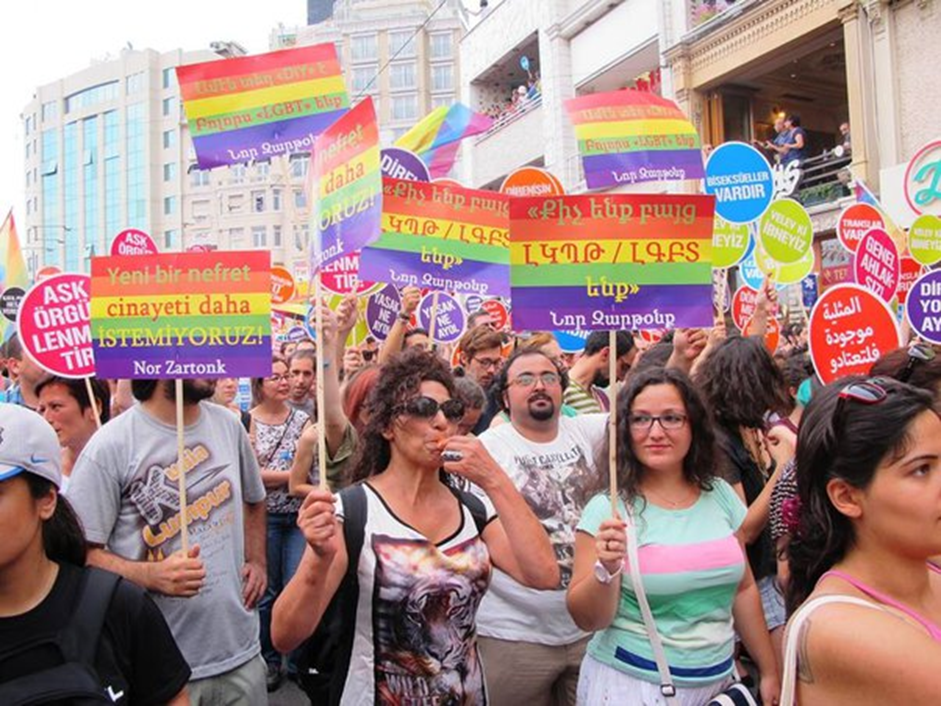
Human rights activists stress that the authorities do not want to create mechanisms to protect the LGBT community, despite calls from human rights activists and the horrific incidents that have occurred. Representatives of civil society also recall that it proposes the adoption of comprehensive anti-discrimination legislation so that people in such situations have the opportunity to declare and receive state support. source
Unfortunately, it was not surprising to see the public reaction to what happened. Photos posted by teenagers quickly went viral with hateful and offensive language on social media and Telegram channels, continuing to highlight the fact that mostly men are gay, which justifies their decision to commit suicide. In fact, many comments were of such a nature as to encourage other LGBT individuals to do the same. The NGO Pink Armenia, which is made up of LGBT members in Armenia, also said that they think it is unacceptable to justify people's deaths. Stating that this tragic event proved once again that LGBT individuals in Armenia are not safe and not protected by society and the state, NGO representatives realized the seriousness of what happened and expressed that it is extremely important to show compassion: “In common, public insults, derogatory statements, hateful messages, comments and hate that distort the details of the event are spreading. Suicidal thoughts are often accompanied by feelings of guilt, fear, self-blame and shame because of society's attitudes towards sexual orientation and gender identity. In such cases, it is essential to provide appropriate professional support.”
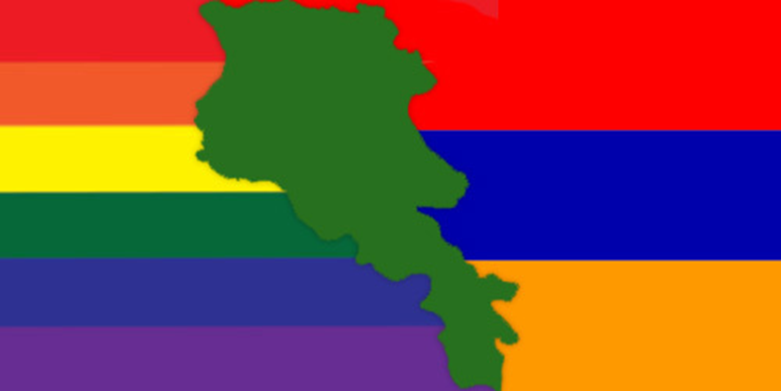
In the light of recent events, Faktyoxla Lab. has investigated the attitude towards LGBT individuals in Armenia and how homophobic the Armenian community is.
During our research, we saw that in addition to the lack of information about sexuality in Armenia, stereotypes and myths about LGBT individuals are very common and popular. LGBT individuals are not liked to be visible in the public sphere, and it is feared that it will affect young people and spread like a "germ" among them. The general opinion of the public is that social norms must be obeyed, homosexuality is the new imported norm and this will threaten their traditional values. Source
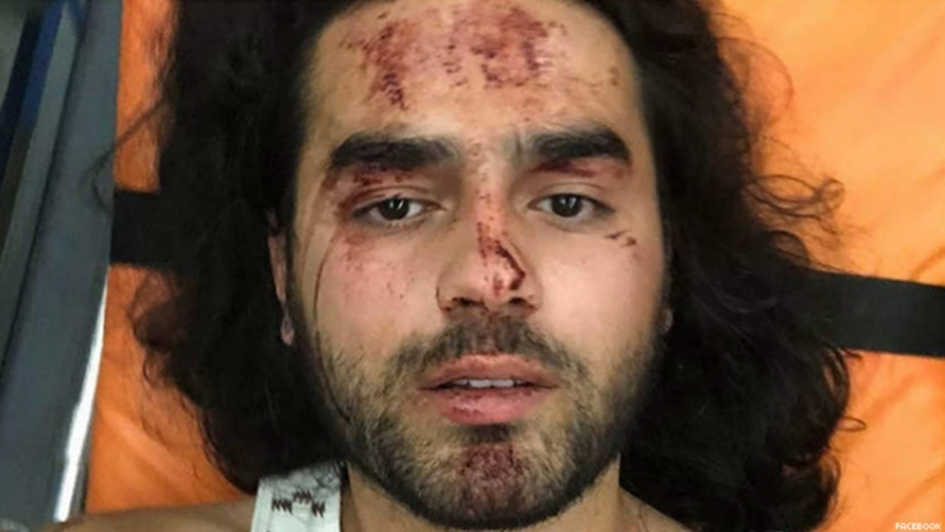
Homosexuality has not been criminalized in Armenia since 2003; but Armenia signed the United Nations Declaration on Sexual Orientation and Gender Identity years ago, which established the right to equal treatment regardless of sexual orientation or gender identity. The country also ratified a protocol to the Council of Europe Convention for the Protection of Human Rights and Fundamental Freedoms, which prohibits all forms of discrimination. Despite this, gay Armenians are still the target of discrimination. Besides the risk of losing their jobs, homosexuals also face the danger of being excommunicated from the social sphere, which imposes a heavy burden on Armenia's communal, family-based culture. Some families are known to have migrated from the country to escape the stigma of having a member as gay. In the 2009 Human Rights Report of the United States Department of State, the view of the Armenian people towards homosexuals is described as "very negative", while the report states that homosexuality is evaluated as a "disease" in the "society in general."
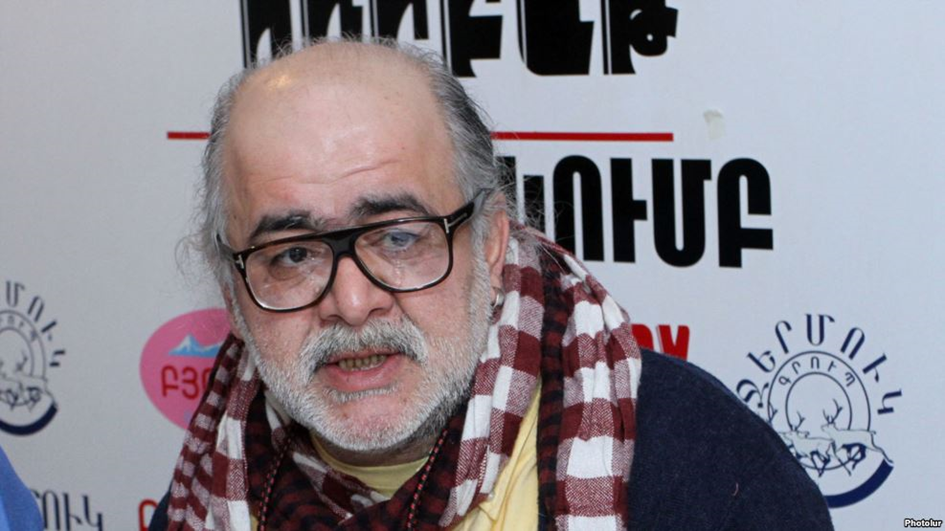
“Armenia has always been intolerant of homosexuals,” comments Mikael Danielian, president of the Armenian Helsinki Association, a non-governmental human rights organization. He states that the Danielian organization has received alarming calls about attacks on suspected homosexuals. However, criminal cases are not usually prosecuted for assaults because victims fear the publicity and public humiliation that the case will bring, Danielian says. He states that homosexuals who are victims of discrimination sometimes only want these attacks to appear in the organization's reports.
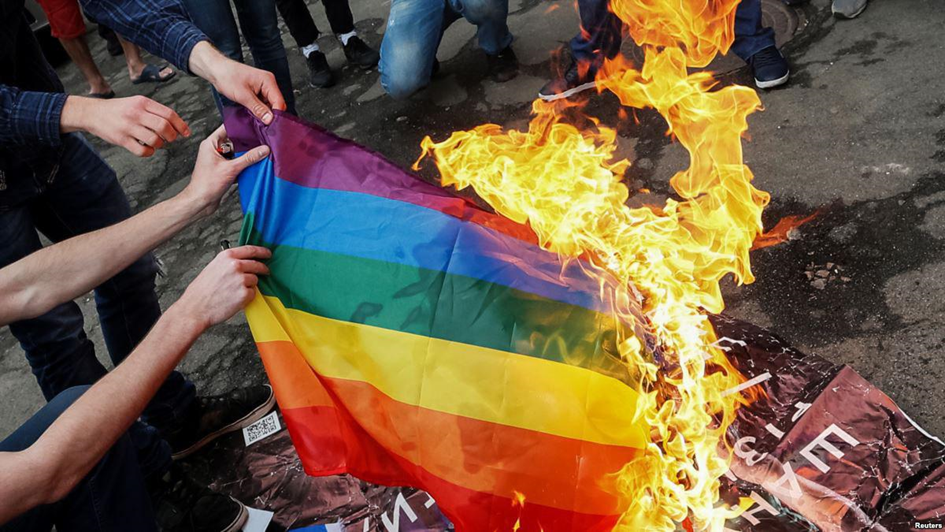
They think that children should be protected from these groups, and it is agreed that a gay couple walking on the street, a gay pride parade or a gay teacher poses a threat to children, families and even the country.
Only 9 percent of the respondents know LGBT individuals, but most of them have very limited communication. Intolerance of LGBT individuals; loyalty to the authority and the state, the behavior of obeying the norms of the society and the laws without questioning, almost parallels the intolerance shown to people who are 'different', in other words, who are not like them. Deviation from social norms and values, including the existence of LGBT people, is a subject that is strongly criticized and even rejected in society. While family, homeland and religion take priority at the top of the values, democratic principles such as human rights and freedom of expression are less important. 90 percent of the respondents said that homosexuality should be prohibited by law.
Different attitudes are taken towards LGBT people depending on variables such as gender, age, occupation, and place of residence. Those who have personal relationships with LGBT people (friendship, neighborhood, kinship ties) are more tolerant. source
In 2012, Pink Armenia conducted a research in Armenia's three largest cities, Yerevan, Gyumri and Vanadzor. 19 percent of respondents described non-traditional sexual relations as a "disease", 13 percent - the negative impact of Western countries, and 11 percent - the result of education. 55 percent of those who viewed LGBT people negatively said they would end their relationship with a friend or relative if they found out they were gay. According to a 2015 study, 5,891 LGBT individuals left Armenia between 2011 and 2013 due to discrimination. Source
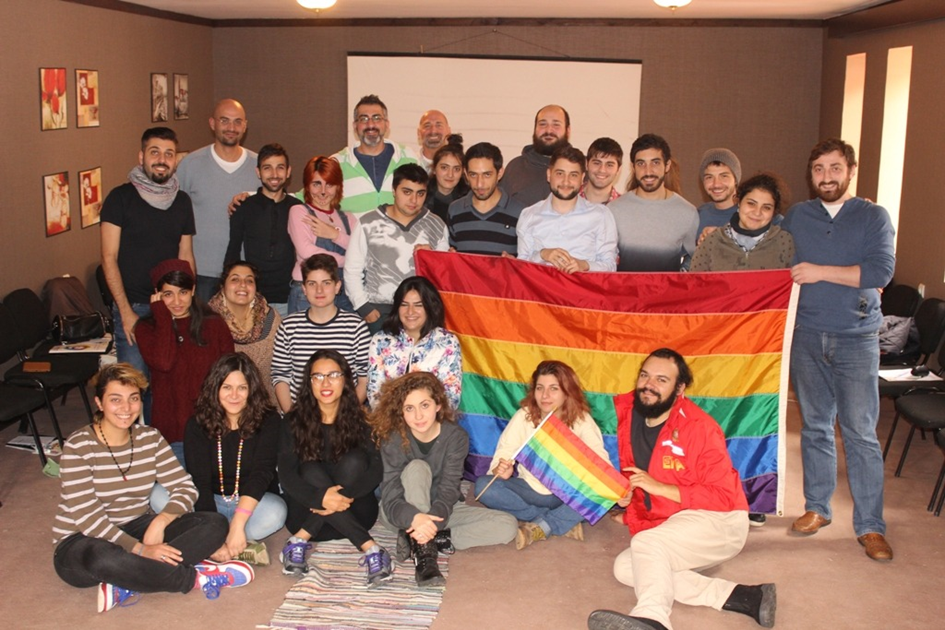
This figure was obtained thanks to the research on “The impact of LGBT migration on Armenia's economic indicators”. In the case of LGBT individuals, in addition to the factors that contribute to the migration of people from Armenia, there are also idiosyncratic factors such as discrimination and homophobia, as a result of which - physical security threat, lack of protection by the state, domestic problems, psychological pressure, financial blackmail, issues related to gender change emerge as problems in society.
An applied assessment on “The Human Rights Situation of LGBT Individuals in Armenia” by another Armenian NGO, “Non-Violent Society”, revealed the legal gaps regarding the rights of LGBT individuals and the common law practice in the country. This project summarizes the main problems and shortcomings related to work equality and non-discrimination, life and security, employment, education, health, social security rights and freedom of expression.
Another work of PINK Armenia, “From Prejudice to Equality: Examining social attitudes towards LGBT people in Armenia”, shows in detail the nature and basis of stereotypes and intolerance towards LGBT individuals in Armenian society. These three studies provide a general and theoretical insight into the human rights situation of LGBT people in Armenia and the main reasons for their migration. Source
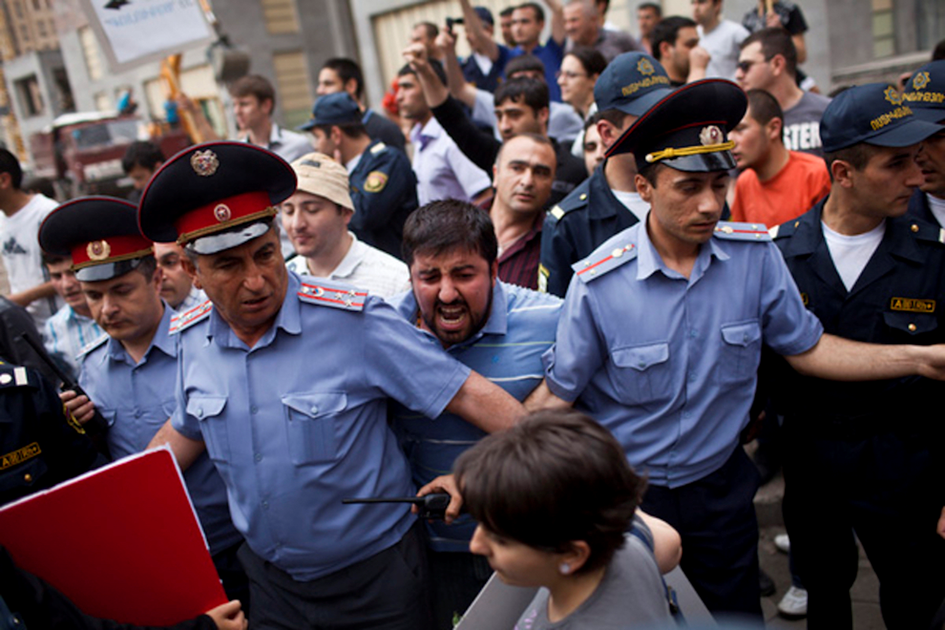
Armenia does not have an anti-discrimination law regarding sexual orientation and gender identity (SOGI). Also, there is no mention of SOGI-related crimes in the Criminal Code. According to the ILGA-Europe Rainbow Index 2018, Armenia ranks 48th out of 49 European countries in terms of policies and laws towards the LGBT community. source
Even years after Yerevan signed an international agreement to ensure the civil rights of homosexuals, homosexuals in Armenia still face threats of physical harassment and social exclusion because of their sexual orientation.
“When my family found out I was gay, they first beat me and then kicked me out,” Armen, a 22-year-old Yerevan resident who teaches, told EurasiaNet.org. "Years have passed, and even now my mom doesn't let me in, and she keeps asking some of my friends if they are really 'one of them'." Armen (not his real name) says he realized he was gay at the age of 13 when he fell in love with his classmate. He met his first boyfriend at the age of 20 in an online chat room. “I introduced him to my family as one of my friends. But one day, my mom saw us kissing and that's when it all started,” says Armen. “My mother said it would be better if I died. My brother left the army to come home and beat me. That's why I started living in the streets." Armen now lives with his grandmother.
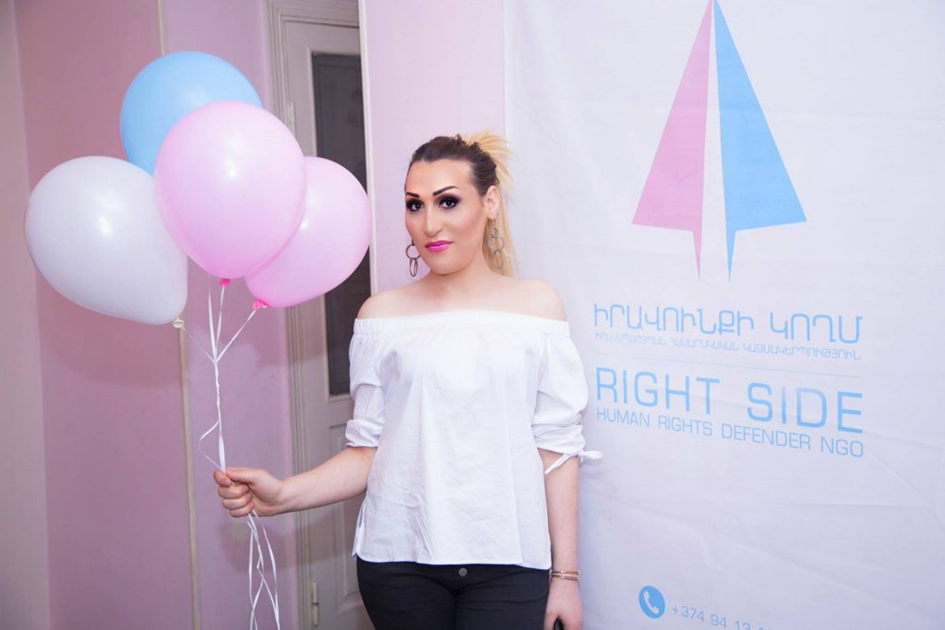
Anti-gay attitudes are quite strong, especially in the military. Since 2004, homosexuals have been exempted from military service on the grounds that they are mentally ill. One man, who presented his name as Narek, told EurasiaNet.org that an army member beat him when he revealed his homosexuality during a psychiatric examination for military service. Narek claims he spent three days in a mental institution and was exempted from military service with a diagnosis of "personality disorder". source
There is the same attitude towards lesbians in Armenia. For example, Anna, who spoke to microphones within the EU supported "LGBT Solidarity Network in Armenia and Georgia" project carried out by the Southern Caucasus Regional Office of the Heinrich Böll Foundation, is a lesbian woman and has been granted political asylum in the Netherlands. When asked about the reasons why she left Armenia, Anna, who got emotional, says that her departure from her country was a decision made compulsory by certain conditions. According to Anna, there were several reasons for her departure from Armenia: “personal safety, discrimination at work, health-related problems and, as a result, a life-threatening situation” - says Anna. According to her, life is difficult for women in patriarchal Armenia, which requires ten times more effort than men to protect their right to life with dignity: “There are very few female conductors in Armenia. Try to remember if you've ever seen a female conductor at concerts. In the professional arena, I was constantly told that conducting is not a woman's job and that I should not hope to one day conduct my own orchestra. Over the years I have studied and developed my skills only to be told that there is no place for a woman in this field. In Armenia, a woman cannot be a chief; it can only be managed and used.
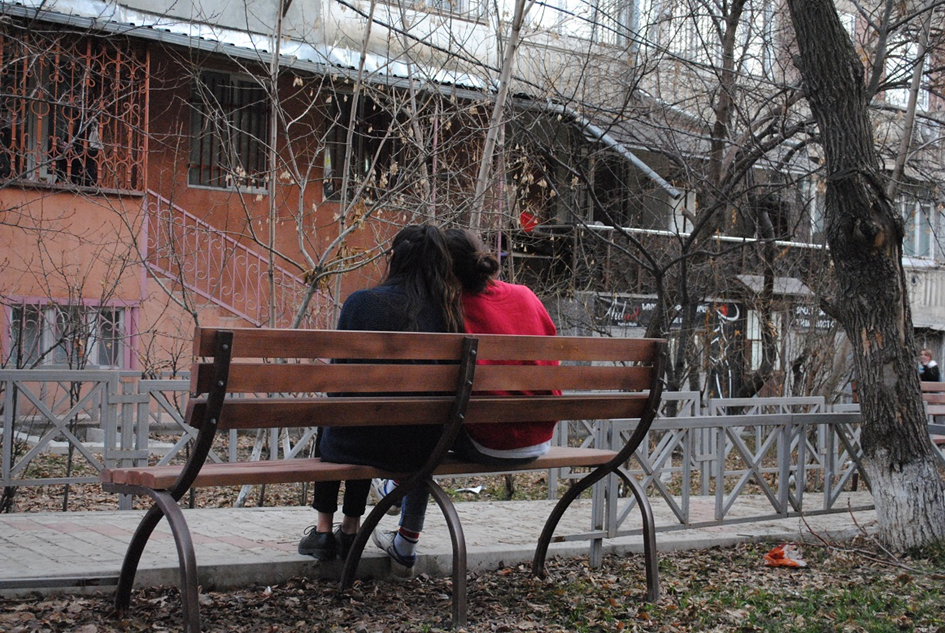
But when you're a lesbian and forced to live in two parallel dimensions of reality while hiding your identity and private life, you're two individuals in one body with different behaviors, styles, even different vocabulary. It is a mask that you can disguise for the benefit of society and use the other in your home between only four walls, with your dog, your loved one and a very small circle of friends. And when you're tired of all this and want to free yourself from these chains, you suddenly make such impulsive moves that you don't dare,” says Anna. She applied to the Ministry of Justice of Armenia to find out what procedures to follow in order to legally register a marriage and/or union with her wife:
“The need to marry legally was not only for psychological salvation, but also for social and economic reasons. I'll bring an example: my girlfriend and I wanted to get a loan to buy ourselves an apartment. Heterosexual families are given loans and important privileges that we cannot get when buying real estate. The constitution of Armenia prohibits same-sex marriage and since everything that is not legally prohibited is allowed for private citizens, one day I decided to send an inquiry to the Ministry of Justice to find out how we can legally register our union. Details about it were published by LGBTnews. After the replies from the ministry that were contrary to the basic provisions of the Constitution, I was determined to take the case to the Constitutional Court and started to seek a lawyer. This is when I started receiving anonymous phone calls. I was attacked on my doorstep and received many threats to 'leave the ministry alone'. I realized that I had been targeted by the authorities and that my physical safety was at stake". source
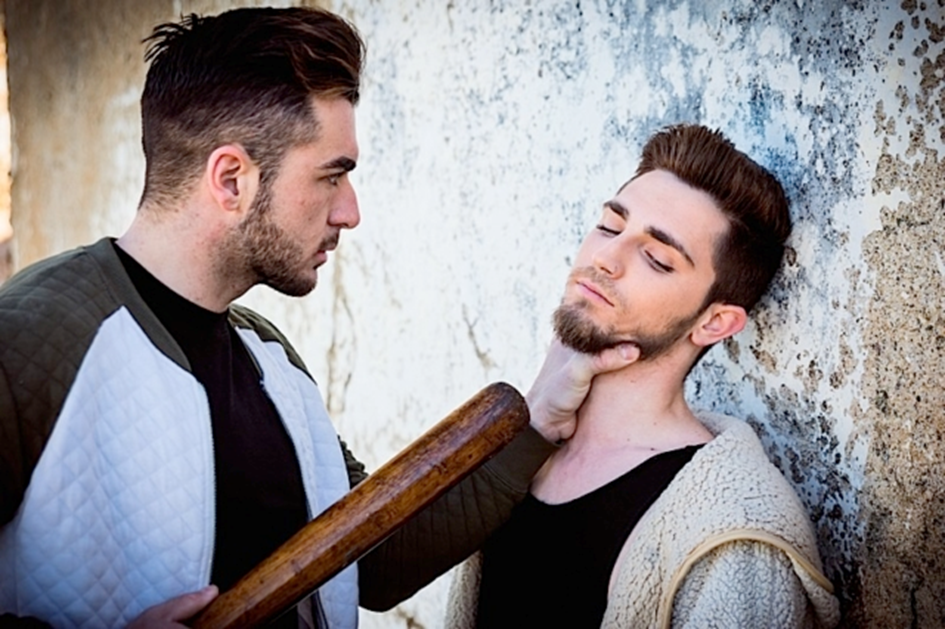
According to Said Meroujean, who immigrated to Europe from Armenia due to another ill-treatment, “This bad attitude of the society is pushing the homosexuals of Armenia into their shells again and again”. source
During our research, we learned that the word Turk is used as an element of humiliation in the approach to gay Armenian citizens in this country. As proof of what we've been saying, on August 2, 2018, several advocates for LGBT rights, women, and environmental issues had gathered at an LGBT activist's home in Shurnuhu, where local residents began throwing stones and attacking them when the activists left the building. Local residents humiliated them with homophobic remarks and shouted "Turks" at human rights defenders. (source)
Politicians also oppose the existence of LGBT members, saying they threaten Armenia's cultural identity. After the burning down of Yerevan's only LGBT-friendly bar in 2012, Eduard Sharmazanov, spokesman for Armenia's ruling party, stated that the attack was "justified" on the grounds that LGBT rights advocates were "smearing Armenian national identity". source
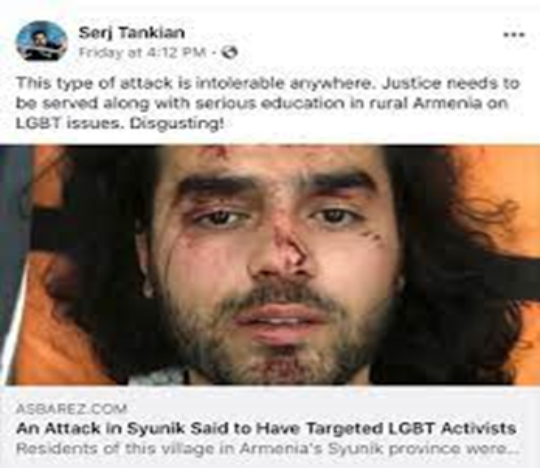
On the other hand, Gevorg Petrosyan, deputy of the Prosperous Armenia faction, said in a statement at the Armenian National Assembly meeting, "It is undeniable that one of the problems threatening Armenia's statehood and our people is the threat of non-traditional sexual orientation." According to Petrosyan, this was an issue on which the faction could not compromise. Let's pass the law to ensure the unshakable future of our children”, after Petrosyan’s speech, applause rose in the parliament. source
While gay, lesbian and bisexual people can now hide their sexual orientation, trans Armenians say their physical appearance makes them recognizable and are more likely to face discrimination, bullying and physical attacks. In the country with high mobbing data, many are afraid to go out during the day and cannot find education or employment. That's why they rely on sex work in the evening to survive.
In conclusion, it is safe to say that:
- It is true that intolerance towards LGBT individuals is at an extreme in Armenia,
-What is written on social media after the recent suicide incident in Yerevan is an indication that the opinion of the Armenian community has not changed for years,
- The existence of negative attitudes towards LGBT individuals in all areas of society in Armenia is a fact,
- It is true that LGBT individuals are not liked to be visible in the Armenian community, and it is also true to fear that it will affect the youth and spread like a "germ" among them.




















